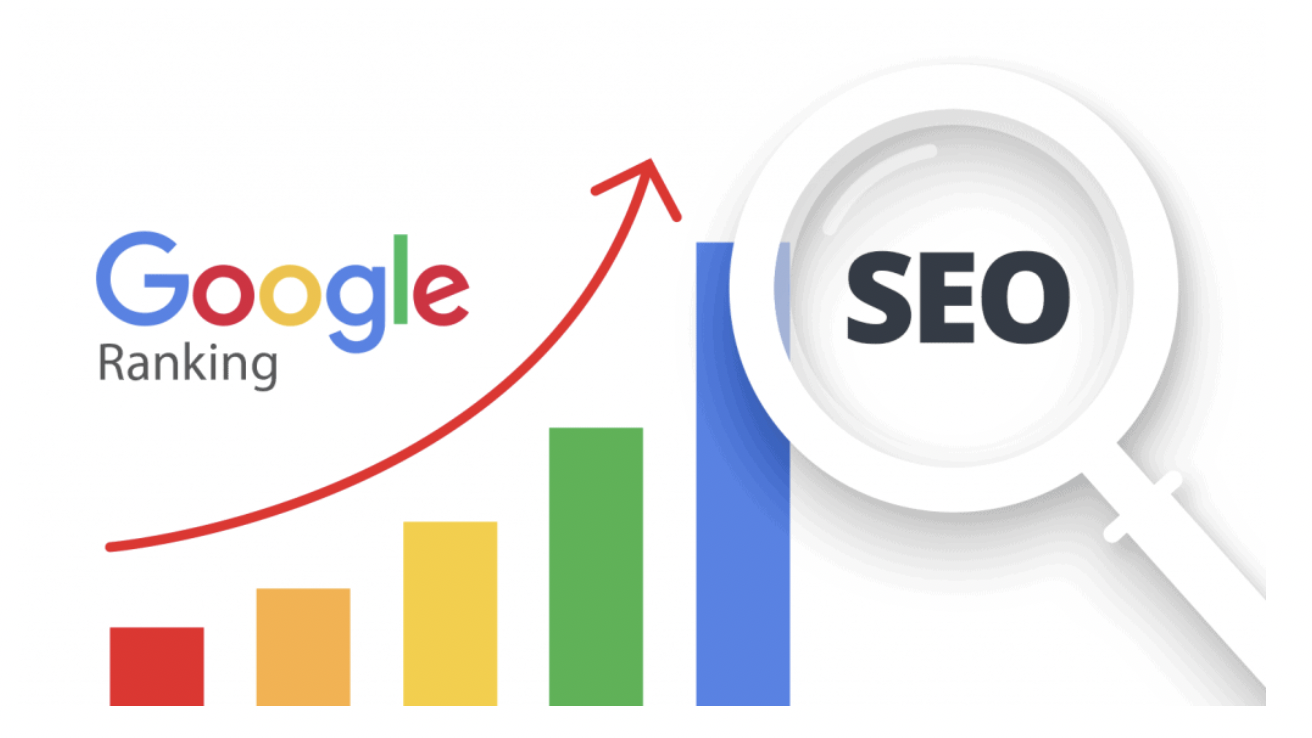
In today's digital landscape, securing a high position in search engine rankings is crucial for driving organic traffic to your website. Whether you are a small business owner or managing a large enterprise, understanding search engine optimization (SEO) and how search engines rank websites is essential. This article delves into the core aspects of search engine rankings and provides actionable tips to improve your website's visibility and performance. To effectively monitor your progress, it’s important to regularly track search engine rankings and adjust your strategy accordingly.
Search engine rankings refer to the positions a website holds on search engine result pages (SERPs) for specific queries or keywords. When users search for information, products, or services online, search engines like Google, Bing, and Yahoo display a list of results based on their algorithms. The goal of any website is to appear as high as possible on this list, as higher rankings typically result in more traffic and better visibility.
Achieving high search engine rankings is crucial for several reasons:
Search engine algorithms consider several factors when determining how to rank websites. Some of the most important factors include:
Search engines assess how well your content matches the search intent of users. Incorporating relevant keywords in your content, titles, meta descriptions, headers, and URLs can significantly impact your rankings. However, avoid keyword stuffing, as search engines may penalize overuse of keywords.
Content is one of the most critical ranking factors. Search engines prioritize content that is high-quality, informative, engaging, and original. Websites that provide valuable information that answers user queries are more likely to rank higher.
With the majority of internet users accessing websites via mobile devices, search engines prioritize mobile-friendly websites. A responsive design that adjusts to various screen sizes is essential for better rankings.
The loading speed of a webpage is another crucial ranking factor. Slow-loading pages can frustrate users and lead to higher bounce rates. Search engines, like Google, prefer websites that load quickly, so optimizing your page speed is vital.
Backlinks are links from other websites to your site. High-quality, authoritative backlinks indicate to search engines that your website is trustworthy and reliable. A well-established backlink profile can significantly boost your rankings.
Search engines consider user experience signals such as time on page, bounce rate, and site navigation. A website that is easy to navigate, with intuitive design and engaging content, tends to perform better in search rankings.
Improving your search engine rankings requires a strategic approach. Below are some proven strategies to boost your SEO efforts:
Use keyword research tools like Google Keyword Planner, SEMrush, or Ahrefs to identify relevant and high-traffic keywords in your niche. Incorporate these keywords into your content naturally while focusing on user intent.
Focus on creating high-quality, informative content that answers the questions or solves the problems of your target audience. Ensure that your content is optimized with relevant keywords, but don’t overdo it. Keep your content fresh and up-to-date.
Check that your website is mobile-friendly by using Google's Mobile-Friendly Test tool. Optimize your site’s layout, images, and fonts to ensure a smooth browsing experience on smartphones and tablets.
To enhance your page speed, compress images, use caching, and minimize unnecessary scripts. Tools like Google PageSpeed Insights can help you identify and resolve issues affecting your site's loading time.
Develop a strategy for acquiring high-quality backlinks from authoritative websites. This can involve guest posting, influencer outreach, or creating shareable content that naturally attracts backlinks.
Focus on optimizing your website’s navigation, structure, and overall usability. A well-organized website that provides a great user experience is more likely to retain visitors and improve your rankings.
Search engines like Google use complex algorithms to determine rankings. These algorithms are constantly updated to provide the most relevant and high-quality results to users. Keeping up with algorithm changes is vital for maintaining and improving your rankings. For example, Google's algorithm updates, such as Core Web Vitals and BERT, focus on user experience and natural language processing.
Achieving and maintaining high search engine rankings is a critical aspect of digital marketing and online visibility. By focusing on key factors such as keyword relevance, content quality, mobile optimization, site speed, backlinks, and user experience, you can significantly improve your website's SEO performance. Remember, SEO is an ongoing process that requires constant attention and adaptation to changes in search engine algorithms and user behavior.